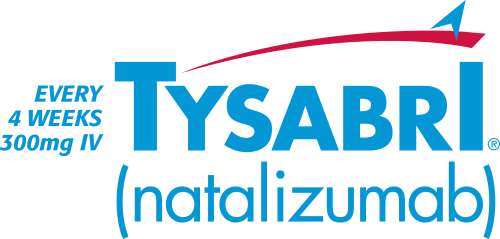Discover the power of TYSABRI
For almost 2 decades, TYSABRI has helped people take control of their relapsing MS
Relapsing MS affects everyone differently. That’s why it’s important that you and your healthcare team find the treatment that’s right for you. In a 2-year clinical study, 627 people were treated with 300 mg TYSABRI and 315 people were given a placebo. TYSABRI was proven to impact relapsing MS in 3 significant ways:
Slowed disability progression
83% of people treated with TYSABRI had no progression of disability (compared to 71% taking placebo)
Reduced the number of relapses
There was a 67% reduction in the average number of relapses per year for people taking TYSABRI compared to placebo (ie, 0.22 TYS vs 0.67 placebo)
Reduced the number of new brain lesions
97% of people treated with TYSABRI had no new Gd+ lesions on an MRI (compared with 72% of people taking placebo)
57% of people treated with TYSABRI had no new T2 lesions on an MRI (compared with 15% of people taking placebo)
New lesions are thought to show disease activity.
The link between brain lesions and the progression of relapsing MS has not been confirmed.
